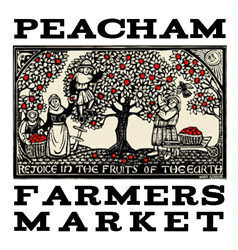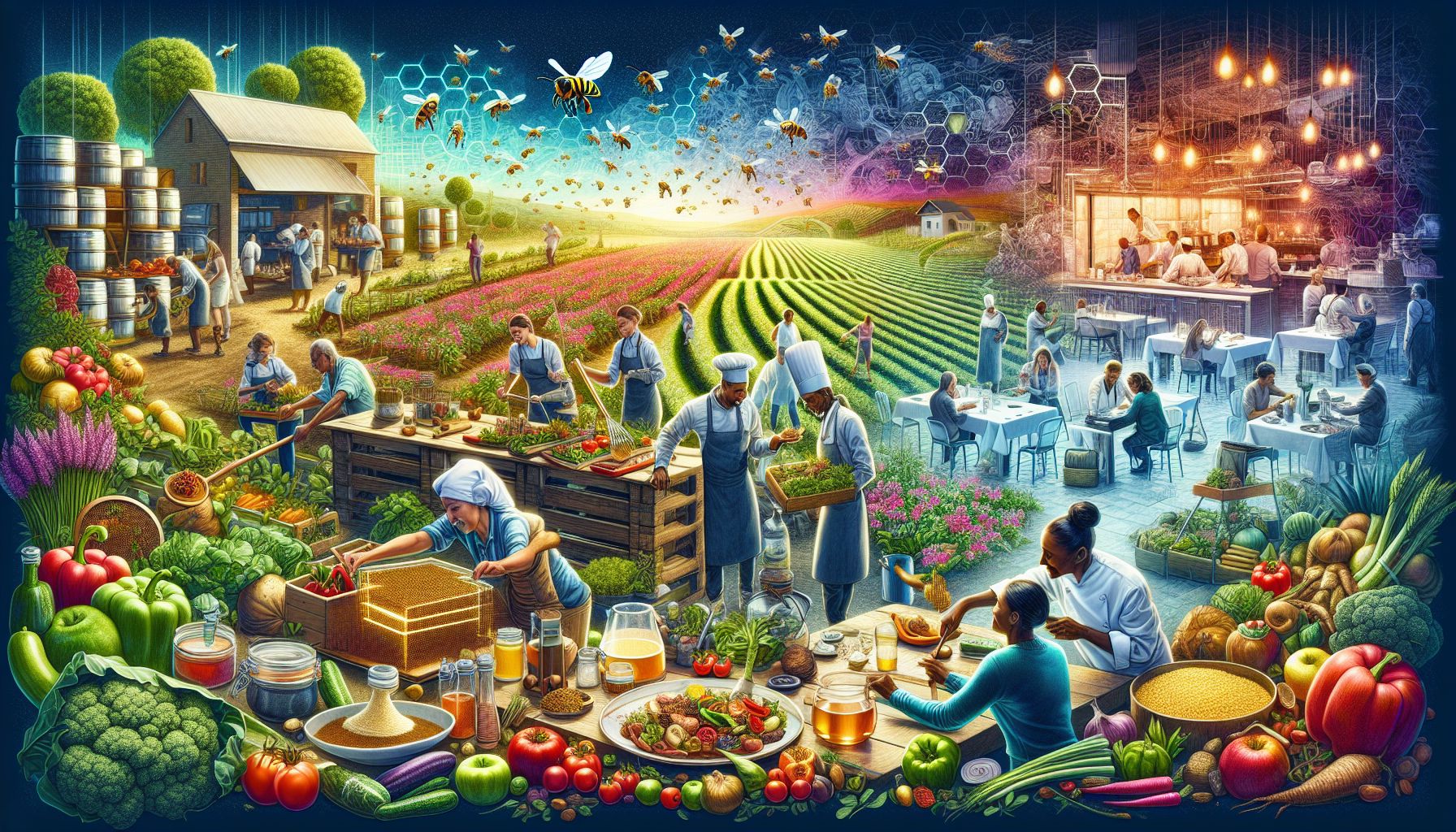Food is not only a basic necessity for our survival, but it also holds great significance in our culture and traditions. Every cuisine and every dish tells a unique story, reflecting the history, values, and lifestyle of a particular community. But have you ever thought about the role of farming in making these delicious meals possible? In this blog post, we will take a deeper look into farming and its impact on sustainable recipes.
 Farming has been a crucial part of human civilization for thousands of years, providing us with food, fuel, and raw materials. However, with the growing population and increasing demands for food, conventional farming practices have become unsustainable and harmful to the environment. This has led to the emergence of sustainable farming practices that aim to minimize the negative impact on the environment while also ensuring food security for future generations.
Farming has been a crucial part of human civilization for thousands of years, providing us with food, fuel, and raw materials. However, with the growing population and increasing demands for food, conventional farming practices have become unsustainable and harmful to the environment. This has led to the emergence of sustainable farming practices that aim to minimize the negative impact on the environment while also ensuring food security for future generations.
One of the latest trends in sustainable agriculture is organic farming. This method eliminates the use of synthetic fertilizers and pesticides, promoting natural ways of pest control and soil enrichment. Organic farming not only reduces the chemical load on our food, but it also helps in preserving biodiversity and promoting healthier ecosystems.
Technology has also played a significant role in transforming the agriculture industry. From precision farming techniques that use data analytics to improve crop yields to hydroponic systems that grow crops without soil, technology has made it possible to produce more food using fewer resources. For instance, vertical farming – where crops are grown in stacked layers – is gaining popularity in urban areas as it requires less land and water compared to conventional farming.
However, modern farmers face numerous challenges in adopting these sustainable practices. The most significant hurdle is the high cost associated with switching to sustainable methods. Farmers often have to invest in new equipment and training, making it financially challenging for small-scale farmers. Additionally, climate change and unpredictable weather patterns also pose a threat to crop production, making farming a risky business.
Despite these challenges, farmers are taking on a crucial responsibility in ensuring a sustainable future for our planet and its inhabitants. By implementing sustainable farming practices, they not only contribute to a healthier environment but also play a significant role in preserving cultural and culinary traditions.
Speaking of culinary traditions, have you ever wondered about the origin of your favorite dish? Different cuisines have unique flavor profiles and cooking techniques that have been passed down for generations. And at the heart of these dishes lies one essential ingredient – food grown on farms. From farm to table, each recipe tells a story of the land it comes from.
To go on this culinary journey, let’s explore some tasty and sustainable recipes from different cultures. First, we have the mouth-watering Greek salad, a perfect blend of vegetables, feta cheese, and olive oil. The use of fresh and locally grown produce makes this dish not only a delicious option but also an environmentally-friendly one.
Moving on to Asia, let’s try out the Japanese staple – sushi. With its delicate balance of rice, fish, and vegetables, this dish is a true representation of the Japanese agricultural practices that prioritize sustainability. The use of seasonal ingredients and the art of growing rice in water paddies reflect a harmonious relationship between humans and nature.
Lastly, for dessert, we have the classic chocolate cake, a childhood favorite for many. Did you know that cocoa beans are grown on cacao farms, predominantly in West Africa and South America? However, in recent years, there has been a growing demand for ethically sourced and sustainable cocoa. To support this, there are now options to purchase fair-trade chocolate, ensuring farmers are paid fairly for their hard work.
As we continue on our culinary journey, let’s not forget the impact of farming on our environment and its interdependence on our food choices. Farmers are the backbone of our food system, and it is our responsibility to support them in adopting sustainable practices for a better future.
In conclusion, the future of farming holds immense potential in promoting sustainable living. With the use of technology, the adoption of sustainable farming practices, and our support for farmers, we can ensure food security without compromising the environment. So let’s savor our meals with gratitude and appreciation for the farmers who make it all possible.

